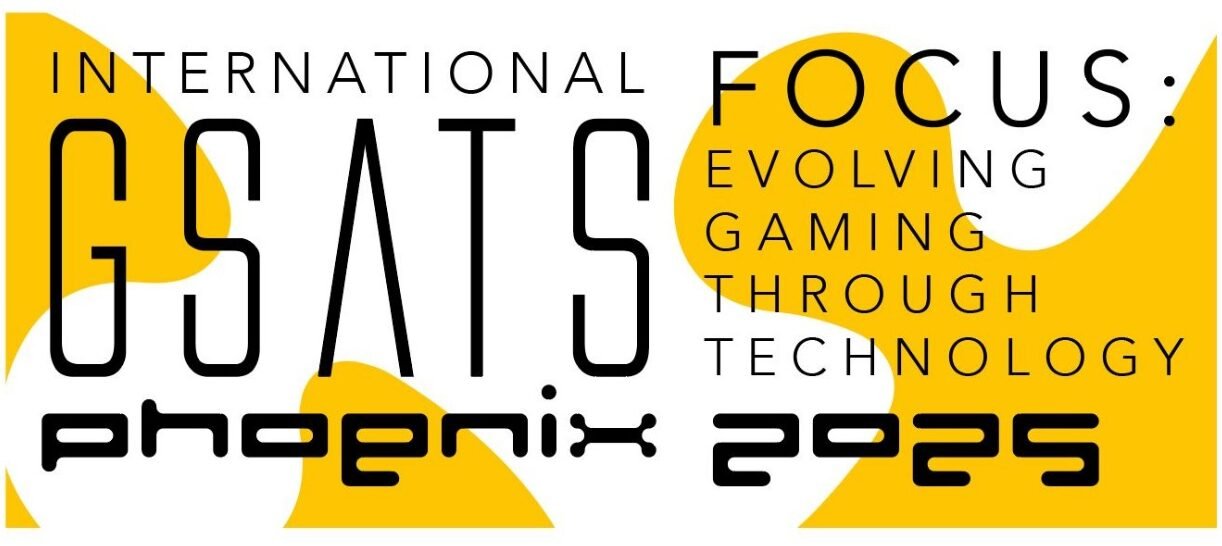Artificial Intelligence (AI) has become a transformative force across numerous industries, and gaming is no exception. From enhancing gameplay to creating more realistic and immersive worlds, AI is revolutionizing the way games are developed, played, and experienced. This article explores the multifaceted impact of AI in the gaming industry, highlighting key applications, benefits, and future prospects.
Enhancing Gameplay with AI
AI is at the core of many modern games, enabling developers to create smarter and more adaptive gameplay experiences. Key applications include:
Non-Player Characters (NPCs): AI-driven NPCs can exhibit more human-like behaviors, making interactions more realistic and engaging. These NPCs can adapt to player actions, learn from past encounters, and offer a dynamic and unpredictable challenge.
Procedural Content Generation: AI algorithms can generate game content on-the-fly, such as levels, maps, and missions. This not only reduces development time but also ensures that each player’s experience is unique.
Adaptive Difficulty: AI can monitor a player’s performance and adjust the game’s difficulty in real-time to match their skill level. This helps maintain an optimal level of challenge, preventing frustration for beginners and boredom for advanced players.
AI in Game Development
AI is not just enhancing the player experience; it is also revolutionizing game development processes:
Automated Testing: AI-driven testing tools can simulate thousands of gameplay scenarios to identify bugs and issues more efficiently than human testers. This speeds up the development cycle and ensures higher quality releases.
Asset Creation: AI can assist in creating game assets such as textures, animations, and even entire character models. This accelerates the development process and allows artists to focus on more creative aspects of game design.
Narrative Design: AI can help in generating branching storylines and dialogues that adapt to player choices. This dynamic storytelling creates a more personalized and engaging narrative experience.
Personalized Player Experiences
AI's ability to analyze and learn from player data allows for highly personalized gaming experiences:
Player Behavior Analysis: AI can track and analyze player behavior to understand preferences, strengths, and weaknesses. This data can be used to tailor content, recommend games, and provide personalized challenges.
Dynamic Game Worlds: AI can create game worlds that evolve based on player actions. For example, in open-world games, AI-driven ecosystems can react to player interventions, creating a living, breathing world that feels responsive and alive.
Voice and Facial Recognition: Advanced AI algorithms can recognize player voices and facial expressions, enabling more immersive interactions and adaptive gameplay based on emotional states.
AI in Esports and Competitive Gaming
The competitive gaming scene is also benefiting from AI innovations:
Matchmaking Systems: AI-driven matchmaking ensures that players are paired with opponents of similar skill levels, creating fair and balanced competitions.
Game Analysis and Strategy: AI tools can analyze vast amounts of gameplay data to identify trends, strategies, and areas for improvement. This is invaluable for players and teams looking to gain a competitive edge.
Cheat Detection: AI systems can monitor for unusual patterns and behaviors to detect and prevent cheating, ensuring a fair and honest competitive environment.
Ethical Considerations and Challenges
While AI offers numerous benefits, it also presents ethical and practical challenges:
Data Privacy: The use of AI requires collecting and analyzing large amounts of player data, raising concerns about privacy and data security. Developers must ensure compliance with data protection regulations and maintain transparent data practices.
Bias and Fairness: AI systems can inadvertently perpetuate biases present in their training data. It is crucial to develop and implement AI algorithms that are fair and unbiased, providing equal opportunities for all players.
Job Displacement: The automation of certain game development tasks may lead to job displacement. The industry must find a balance between leveraging AI and preserving employment opportunities for human developers.
The Future of AI in Gaming
The future of AI in gaming is incredibly promising. As AI technologies continue to advance, we can expect even more sophisticated and immersive gaming experiences. Potential future developments include:
Fully Autonomous Characters: AI could create NPCs with complex, autonomous personalities and goals, leading to entirely unscripted and emergent gameplay.
AI-Driven Storytelling: Advanced AI could craft narratives that evolve based on player choices and actions, offering an unprecedented level of interactivity and engagement.
Virtual and Augmented Reality: AI will play a crucial role in creating more immersive VR and AR experiences, making virtual worlds indistinguishable from reality.
Conclusion
Artificial intelligence is undeniably transforming the gaming industry, offering new possibilities for gameplay, development, and player engagement. As AI continues to evolve, it promises to usher in a new era of innovation, creating gaming experiences that are more immersive, personalized, and dynamic than ever before. Embracing these advancements while addressing ethical and practical challenges will be key to harnessing the full potential of AI in gaming.

